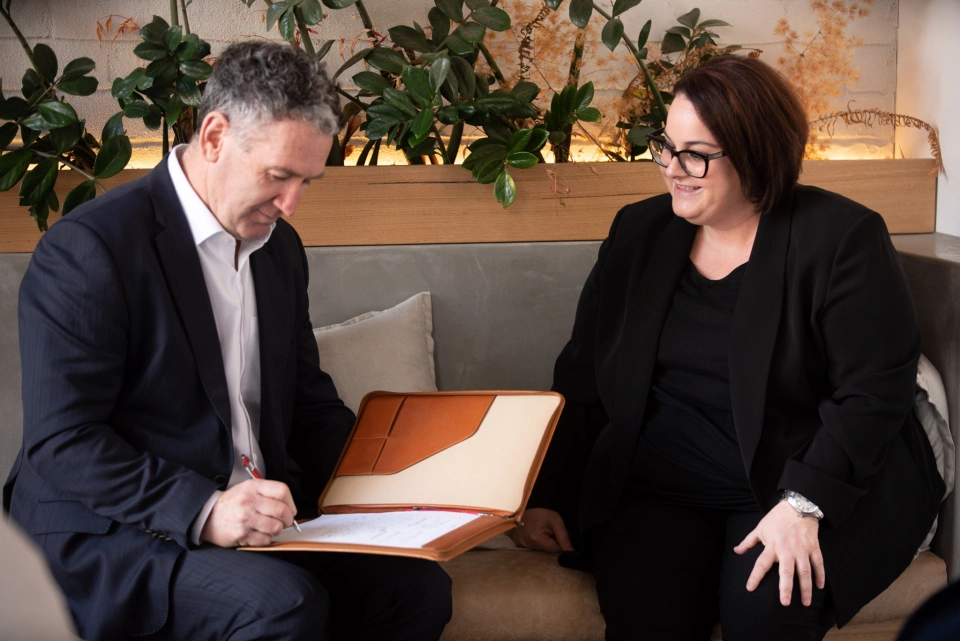Seeing a family lawyer – what to take to your first meeting.
Published on Tuesday 05 July, 2022 by Nic Kernahan
So you have separated and want to know what your rights are in a property settlement, or how to work out arrangements for the custody of your children. Or you’re considering a divorce. Perhaps you’ve received a letter from a lawyer and don’t know what to do next. Or maybe you are about to start a new relationship and want some guidance about protecting your assets. It’s time to see a Family Lawyer.
Here are some tips and a checklist to make sure you get the most out of the experience, that the Family Lawyer gets the information he or she needs, and you get the advice you are after.

TIPS
- Take a friend. It can be overwhelming to take in all the detail, especially as you might already be feeling vulnerable. A trusted friend can be a great help. (Don’t worry your Family Lawyer will not think you are odd. People do this all the time!)
- Think about what you would really like to know and take a list of questions to your interview.
- Be organised. Take with you any relevant documents that you may have. If in doubt, bring it along.
CHECKLIST
Here are some bits of information that your Family Lawyer will need to know. (Some things may not be relevant to your situation. Just complete the parts that are.)
- Date you started living together
- Date of marriage
- Date of separation
- Your date of birth/occupation and income/skills and qualifications
- Your partner’s date of birth/occupation and income/skills and qualifications
- Children’s names dates of birth
- Where do the children live?
- What assets did you have when your relationship started?
- What assets did your partner have when your relationship started?
- What do you own now? What’s it worth?
- Are these assets in joint names, individual names or with other people?
- Do you or your partner have any interest in a trust, company or business?
- What are the liabilities of you and your partner? (Mortgages, loans, credit cards?)
- What superannuation do you and your partner have? Do you know the name of the fund?
It is also really helpful to put together a chronology of major events in the relationship – e.g. dates that you acquired property and how you obtained the funds to do so; if you sold assets, what happened to the proceeds?
The more of this pre-work you do the quicker it will be for your Family Lawyer to get to the nub of your problem, and the more cost effective your meeting.
And if you need more information, or a free initial consultation about your legal issues, contact one of our Family Lawyers on (08) 8231 1110 or get in touch online.
The content of this article is intended to provide a general guide to the subject matter. Specialist advice should be sought about your specific circumstances.

Author
Nic Kernahan
Director
Found this helpful? Share it!
Read our news and ideas by Practice Area
- Aboriginal land rights
- Agricultural law
- Asbestos claims
- Car accident claims
- Commercial and property law
- Contested wills and estates
- Conveyancing
- Criminal law
- Defamation
- Divorce
- Employment law
- Estates
- Family law
- Injury claims
- International law
- Litigation and dispute resolution
- Public liability
- Renewable energy law
- Super TPD
- Wills and succession planning
- Workers' compensation
Related posts...
Your guide to workers’ compensation claims
If you or a loved one has been injured at work, it can be challenging to navigate a workers’ compensation claim – especially during recovery. Keep reading to learn about your legal rights and entitlements.